Across Europe, leaders of EU member states are increasingly making statements aimed at intensifying preparations for war as military buildups accelerate in response to the Ukraine conflict. While some initiatives remain within the bounds of common sense, some leaders are not shying away from extreme, mass panic-inducing declarations.
Hair-Raising Plans
For example, when it comes to conscription, shocking proposals and plans are emerging. Polish Prime Minister Donald Tusk has proposed creating a massive army of half a million troops — nearly three times the size of Germany’s Bundeswehr. Tusk also wants to make military training mandatory for all adult men so that, in the event of a conflict, even those not formally enlisted could serve as fully trained soldiers.
Tusk also wants to make military training mandatory for all adult men so that, in the event of a conflict, even those not formally enlisted could serve as full-fledged, trained soldiers.
In several EU states, the idea of conscripting women is also being discussed. Danish Prime Minister Mette Frederiksen recently announced plans to begin drafting women, aiming to conscript 5,000 female recruits by 2026. While Latvian Defense Minister Andris Spruds said mandatory conscription of women won't happen “today or tomorrow,” the Baltic country is planning for it in the longer term. Meanwhile, more and more Finnish women are being drawn into survival and emergency training programs.
Nuclear Madness
Even more alarming are the threat-like statements from some European leaders on the use of nuclear weapons. Polish President Andrzej Duda declared: "If our allies decide to deploy nuclear weapons on our territory to strengthen NATO’s eastern flank, [...] we are ready."
French President Emmanuel Macron — whose country is the EU’s only nuclear-armed state — has also made irresponsible comments that risk escalation. In an interview, Macron said that, as part of "credible European defense" against Russian threats, he was willing to discuss the use of France’s nuclear arsenal:
"I support opening this debate, which should include missile defense, long-range strike capabilities, and nuclear weapons for those who have them or host American nuclear weapons," Macron said.
While not all pro-war actors go so far as to mention nuclear weapons, many are openly competing to one up each other in sending greater amounts of traditional military aid to Ukraine. Former Lithuanian Foreign Minister Gabrielius Landsbergis sharply criticized previous restrictions on Ukrainian use of Western-supplied equipment and argued that Ukraine should be allowed to use them to achieve their strategic objectives.
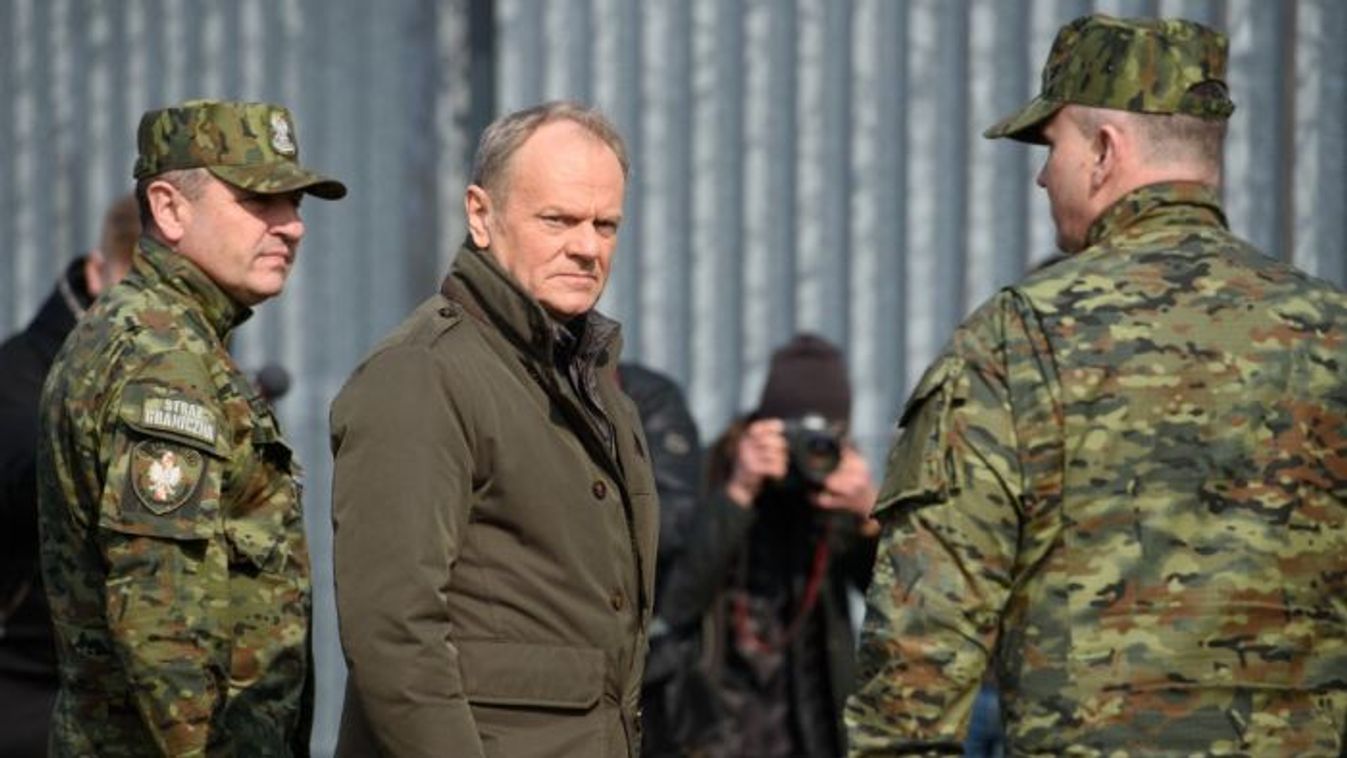
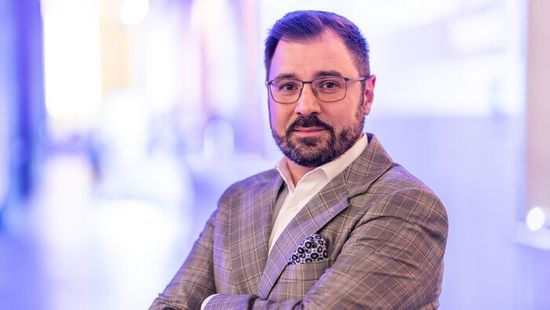
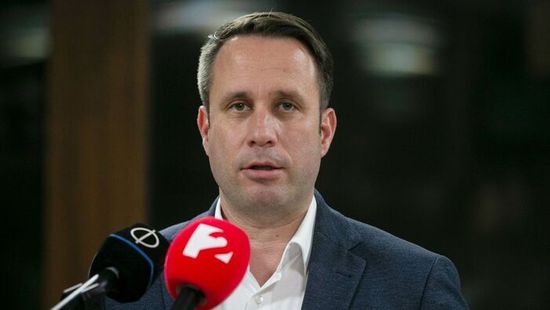
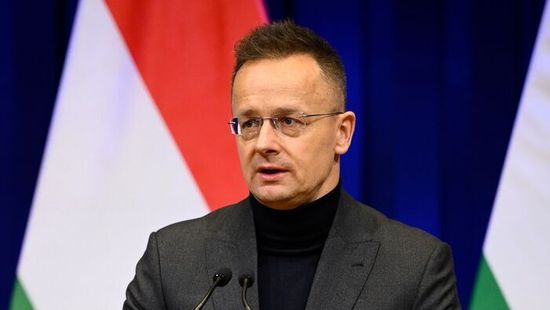



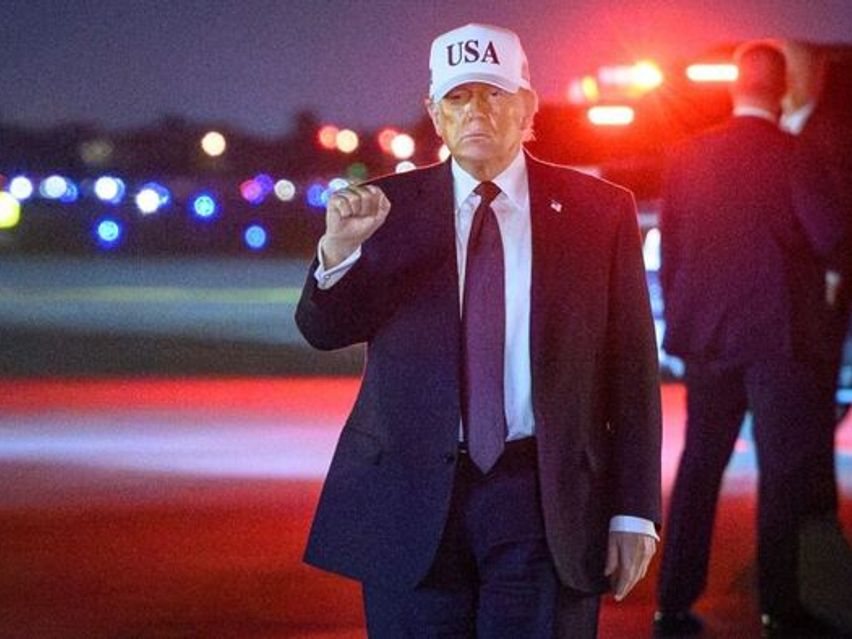
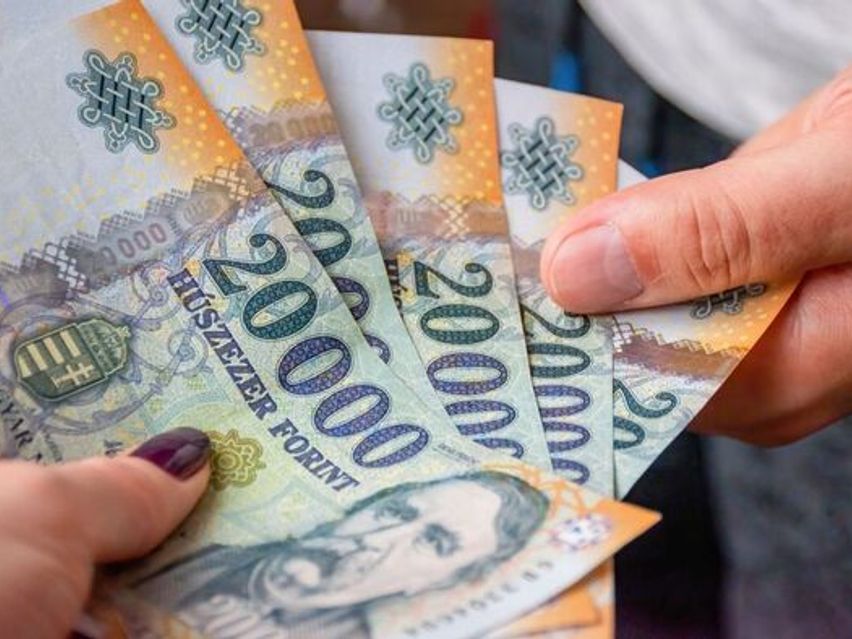
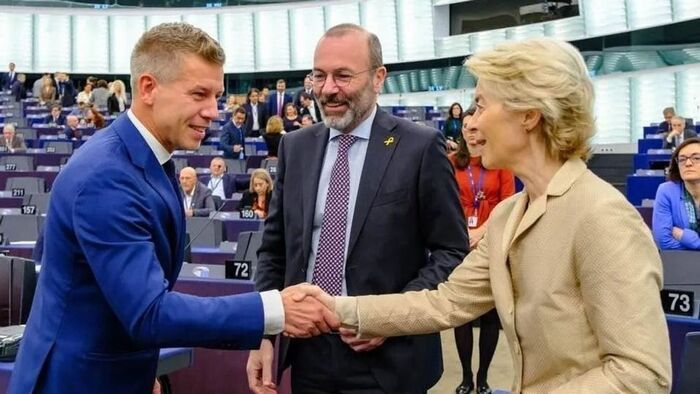

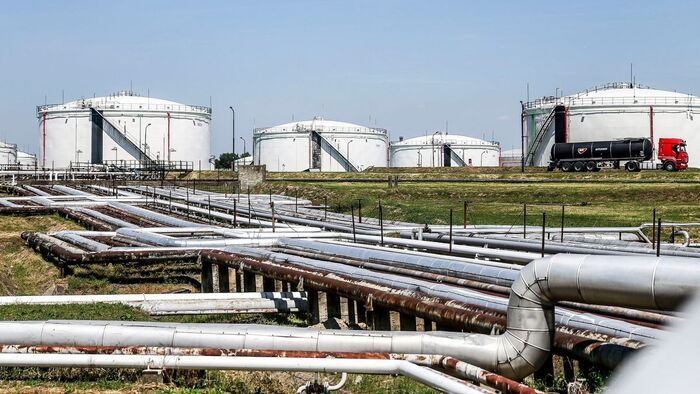
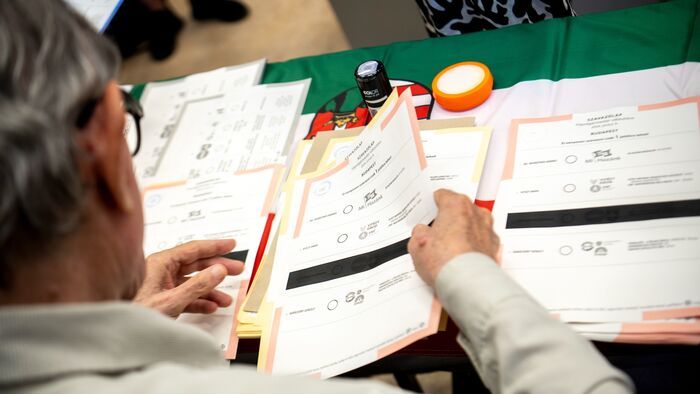
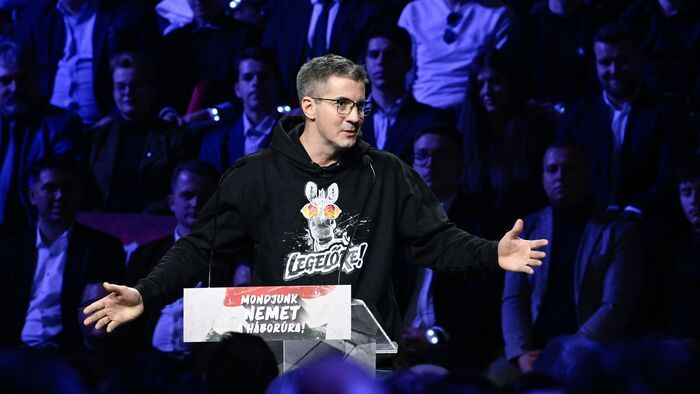
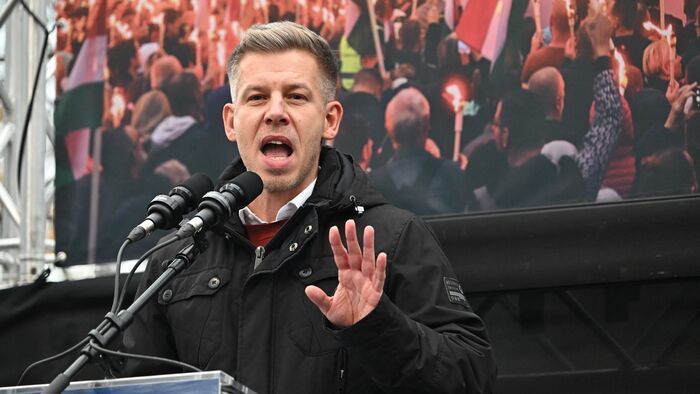
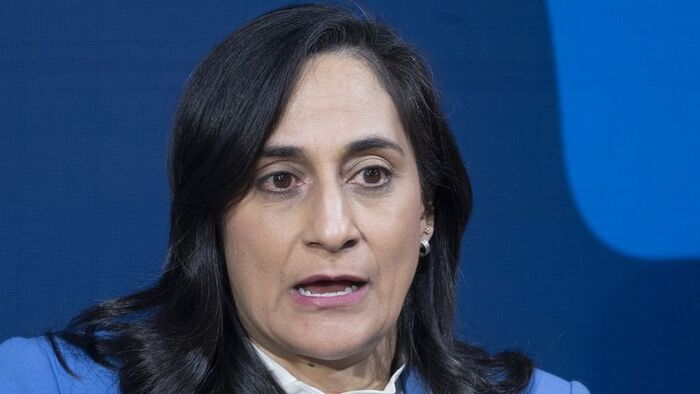
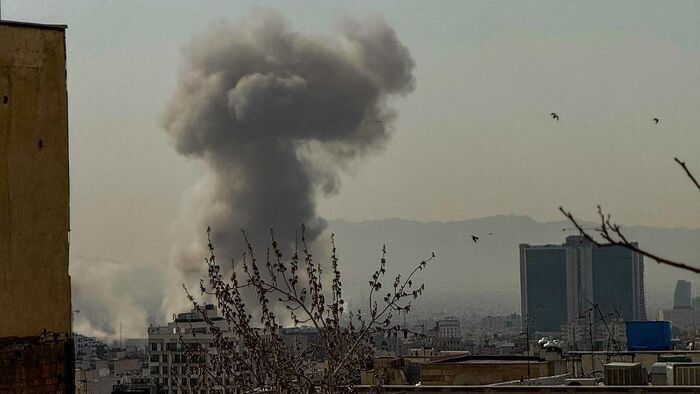
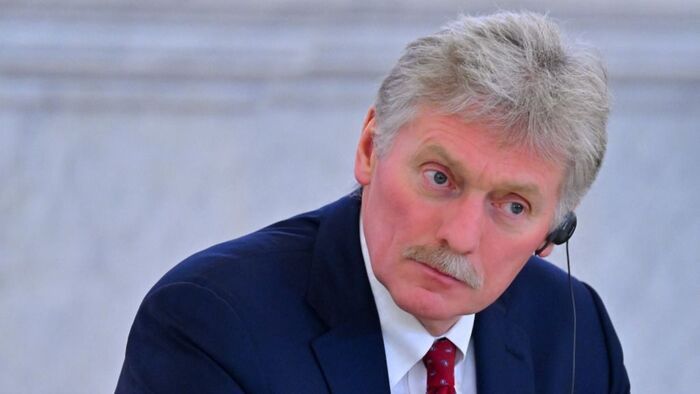
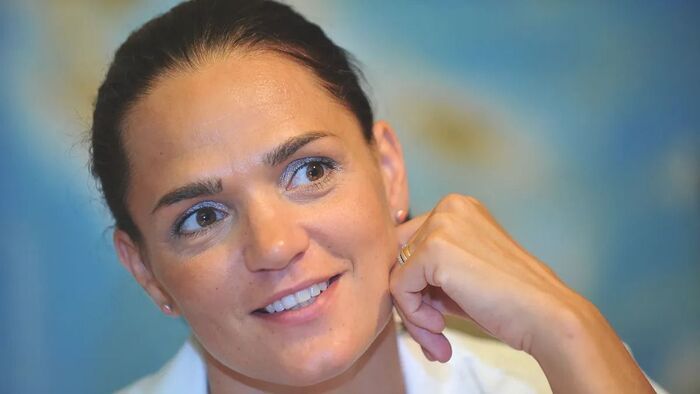
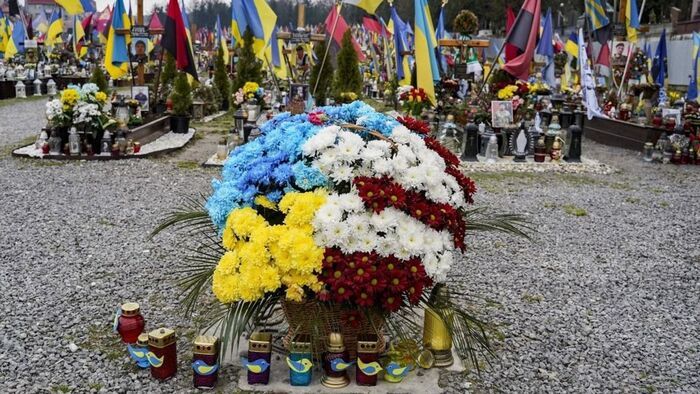


Szóljon hozzá!
Jelenleg csak a hozzászólások egy kis részét látja. Hozzászóláshoz és a további kommentek megtekintéséhez lépjen be, vagy regisztráljon!